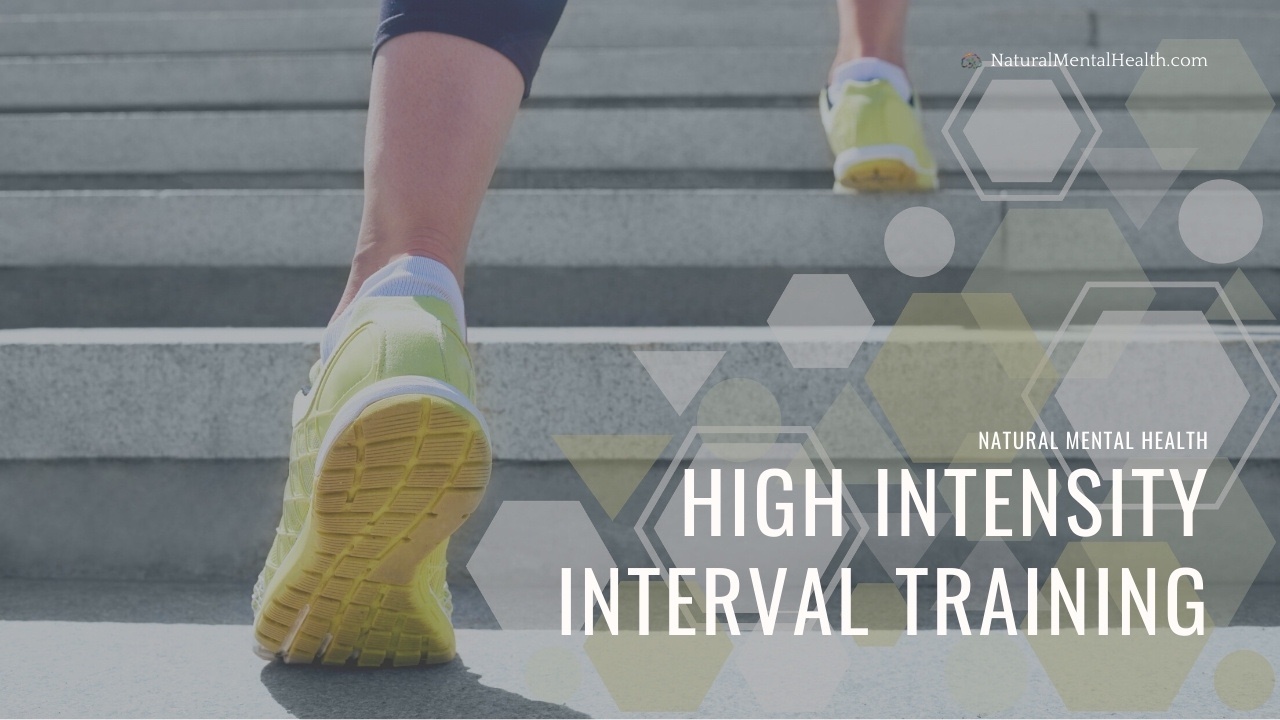
HIIT: High-Intensity Interval Training for Resilience in Body and Mind
Jun 11, 2019
If you’re in fight or flight stress mode, your body is preparing you for brief, intense bursts of activity, followed by periods of recovery. We are wired for this, and as children we did it all the time. Consider adding occasional brief, intense bursts of movement to your weekly routine. This practice has many benefits.
The Benefits of HIIT
For instance, it can:
- Improve weight loss, especially for that hard-to-lose abdominal weight.
- Raise your metabolic rate for 24-48 hours, burning calories long after you’ve exercised.
- Improve hormone levels, including cortisol, testosterone and human growth hormone.
- Protect against adult-onset diabetes.
- Boost energy, focus, and performance.
- Help slow the aging process.
How to move quickly with interval training:
- Choose any activity you like that can be done intensely in brief spurts (20-30 seconds is enough). Good options include walking or running, biking, rowing, using a treadmill or elliptical trainer, swimming, calisthenics, or dancing. Get creative.
- Start slowly—you can build the intensity as you become more fit. When you’re first starting out just make the “bursts” a little faster and harder than your usual pace.
- Do this just once or twice a week—you will get all the benefits from just two 10-15 minute sessions per week.
- Begin with 2-3 minutes of warm-up, doing your chosen movement at a comfortable pace.
- Then go faster and harder for 20-30 seconds. If you’re just starting out, simply pick up the pace a bit. As you progress, you can gradually push yourself harder until you go as fast as you possibly can, but just for 20-30 seconds. That’s all you need.
- Slow down to a recovery pace, similar to your warm-up pace. Give yourself 1-2 minutes for recovery.
- Repeat with another 20-30 second burst of activity, followed by 1-2 minutes of recovery. Do this for 3-4 cycles at first, gradually working up to 6-8 burst/recovery cycles.
- This entire workout takes only 10-15 minutes, but the effects will last for days. Do this once or twice per week and you will boost your metabolism, sharpen your mind, and slow the aging process.
RELATED ARTICLE
Restorative Yoga Sequence
Balance out your HIIT practice with this restorative yoga practice. Read more.
SOURCES
- Mota-Pereira, J., Silverio, J., Carvalho S., Ribeiro, J. C., Fonte, D., & Ramos, J. (2011). Moderate exercise improves depression parameters in treatment-resistant patients with major depressive disorder. Journal of Psychiatric Research, 45(8), 1005-1011. doi:http://dx.doi.org/10.1016/j.jpsychires.2011.02.005
- Winter, B., Breitenstein, C., Mooren, F. C., Voelker, K., Fobker, M., Lechtermann, A. ... Knecht, S. (2007). High impact running improves learning. Neurobiology of Learning and Memory, 87, 597–609. doi:http://dx.doi.org/10.1016/j.nlm.2006.11.003
- Snyder, J. S., Glover, L. R., Sanzone, K. M., Kamhi, J. F., & Cameron, H. A. (2009). The effects of exercise and stress on the survival and maturation of adult-generated granule cells. Hippocampus, 19(10), 898-906. doi:http://dx.doi.org/10.1002/hipo.20552
- Vaynman, S., & Gomez-Pinilla, F. (2005). License to run: Exercise impacts functional plasticity in the intact and injured central nervous system by using neurotrophins. Neurorehabilitation and Neural Repair, 19(4), 283-295. doi:http://dx.doi.org/10.1177/1545968305280753








